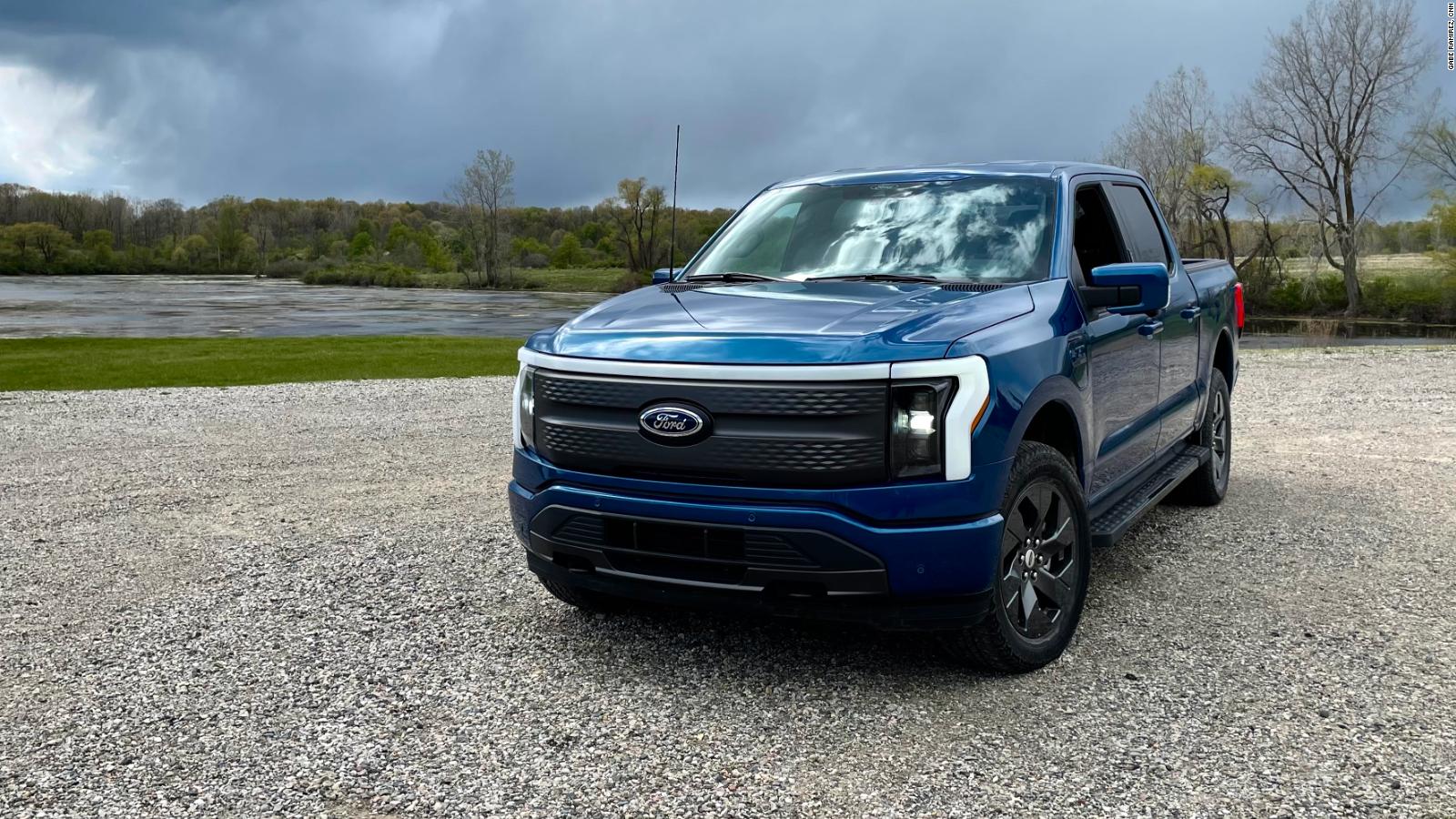

This is the area where they are technologically most advanced. That is what the manufacturers are saying, too. I now believe that this technology will definitely materialise soon. A few years ago the possibility of batteryelectric trucks was not even conceivable, and therefore wasn't even discussed. When it comes to the various technology options to lower emissions in heavy-duty freight transport, it appears battery-electric trucks have recently made the greatest progress. The same is now true for heavy duty vehicles. It doesn't care about a government 'wish list’, as long as it is not accompanied by the policy measures needed to trigger the shift. This approach can only elicit a tired smile, because this is not how a market operates. Before then, the government had set targets for the roll-out of electric vehicles without changing the framework conditions. In the passenger car market, we saw exactly the same development: Once the EU fleet emission regulation was in place, the large carmakers started to push the topic in earnest.
ELECTRIC TRUCK HOW TO
This creates the conditions for a race, and this is why they're now thinking seriously about how to get alternative drives into serial production, and how to market them to users. This creates a different dynamic, because now it has become perfectly clear that if you don't move, you will definitely lose out in the medium term.

They simply can't afford this attitude any longer.īut my sense is that even the truckmakers feel a certain relief because at least the rules of the game have become clear, and there are rewards for moving.

Let's just wait and see for a little bit.' Now this has definitely changed – one reason is technological maturity, but also new regulation. They said: 'We have various alternative propulsion technology and fuel options, but none of them is market-ready yet. The manufacturers know that they must be on their guard if they want to play a role in future world markets.Ī few years ago, a wait-and-see attitude dominated at the truckmakers. This does not necessarily have to be Tesla, it could also be a Chinese company offering electric heavy duty trucks, for instance. Even companies that up to now have hardly played a role in Germany or Europe could suddenly overtake them. The effort to lower emissions in trucking has also turned into a competitive question for them: 'Who will offer the competitive products in the future?'īecause we're dealing with entirely new technologies, they have to watch out for entirely new competitors. The manufacturers are now forced to get going, because it would be very expensive to miss the targets. It will simply be extremely difficult to achieve substantial progress on emission reduction with this technology.ĭo you think the European truckmakers are now addressing the shift in earnest? The 2030 CO2 regulation has effectively sealed the combustion engine's fate. They have realised that they can only achieve the long-term targets with alternative drives, and must plan the transition in good time.
ELECTRIC TRUCK FULL
They also know full well that this approach will not get them anywhere in the longer run. The main takeaway: They no longer expect to achieve the new targets by improving the efficiency of combustion engines alone, although this approach has the lowest abatement costs in the short term. We have recently spoken to all the major truck manufacturers. But central framework conditions have now changed, and manufacturers must think of ways to achieve the EU targets of lowering emissions by 15 percent by 2025, and by 30 percent by 2030. Before this regulation, the truckmakers didn't take this issue very seriously, and didn't have clear targets for launching climate-friendly vehicles. It has triggered a race among truckmakers to get low-emission vehicles market-ready. Clean Energy Wire: Do you think the efforts to decarbonise transport are finally about to trigger serious change in heavy duty freight transport?įlorian Hacker: The EU's new emission regulation for heavy duty vehicles has finally fired the starting shot for the decarbonisation of trucks.


 0 kommentar(er)
0 kommentar(er)
